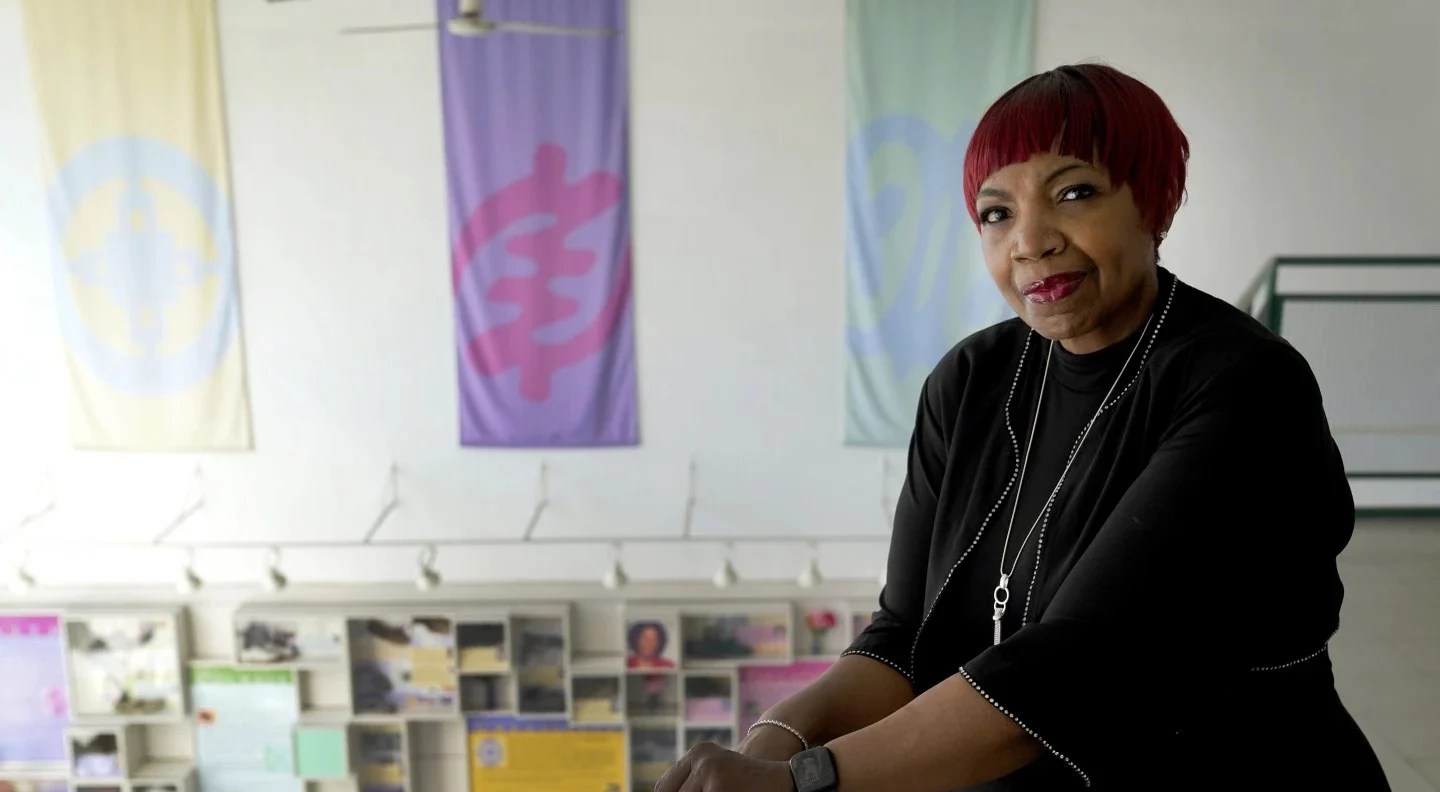WASHINGTON (AP) — In some ways, Doris Milton is a Head Start success story. She was a student in one of Chicago’s inaugural Head Start classes, when the antipoverty program, which aimed to help children succeed by providing them a first-rate preschool education, was in its infancy.
Milton loved her teacher so much that she decided to follow in her footsteps. She now works as a Head Start teacher in Chicago.
After four decades on the job, Milton, 63, earns $22.18 an hour. Her pay puts her above the poverty line, but she is far from financially secure. She needs a dental procedure she cannot afford, and she is paying down $65,000 of student loan debt from National Louis University, where she came within two classes of getting her bachelor’s degree. She dropped out in 2019 when she fell ill.
“I’m trying to meet their needs when nobody’s meeting mine,” Milton said of teaching preschoolers.
Head Start teachers — 70% of whom have bachelor’s degrees — earn $39,000 a year on average, far less than public school teachers with similar credentials. President Joe Biden wants to raise their pay, but Congress has no plans to expand the Head Start budget.
Many have left the job — about one in five teachers turned over in 2022 — for higher-paying positions at restaurants or in retail. But if Head Start centers are required to raise teacher pay without additional money, operators say they would have to cut how many kids they serve.
The Biden administration says the program is already turning kids away because so many teachers have left, and not enough workers are lining up to take their places. And officials say it does not make sense for an anti-poverty program, where people of color make up 60% of the workforce, to underpay its employees.
“We have some teachers who are making poverty wages themselves, which undermines the original intent of the program,” said Katie Hamm, a deputy assistant secretary in…
Read the full article here



